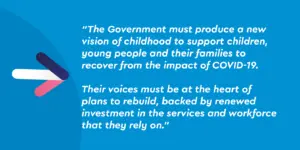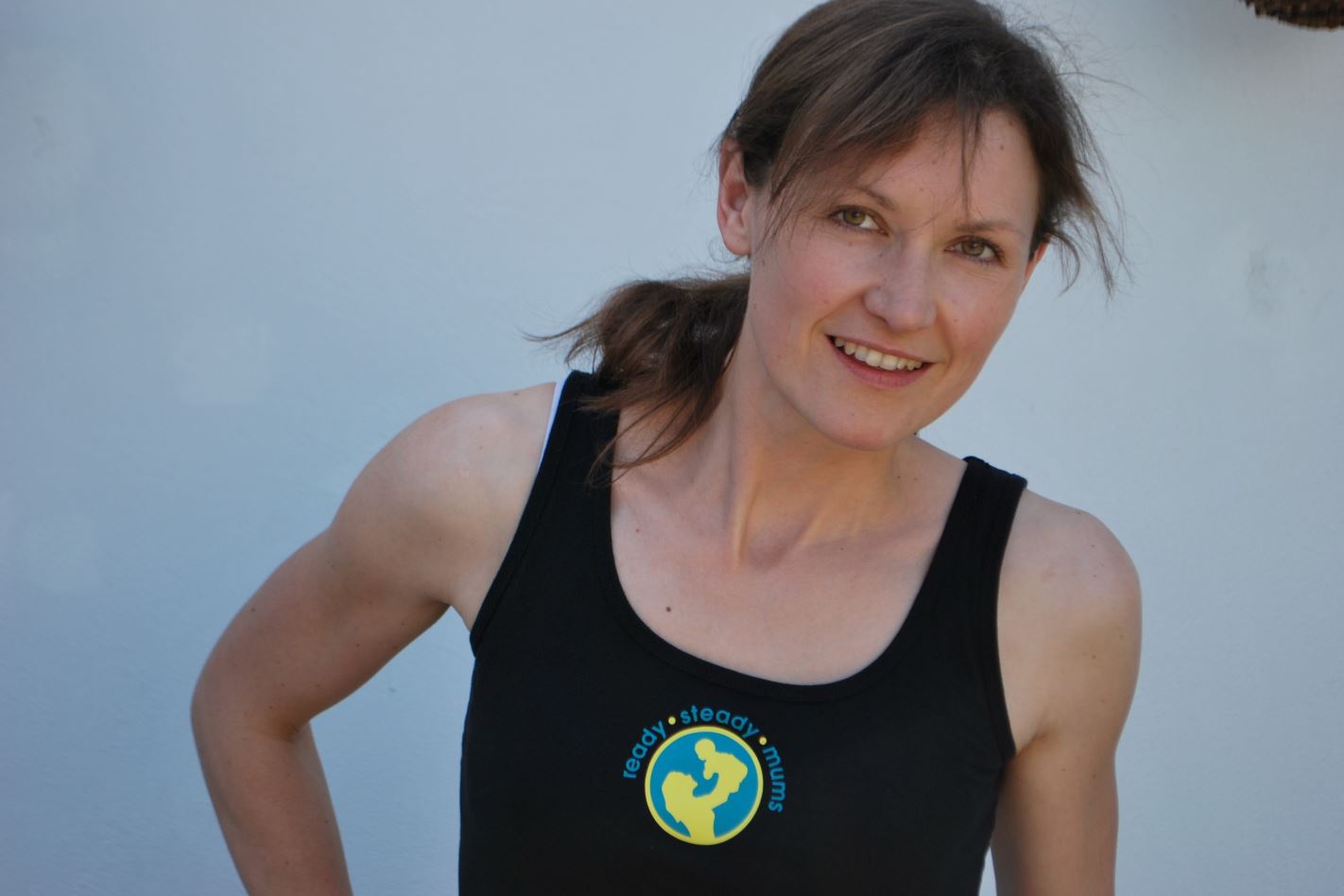The Institute of Health Visiting joins leaders of health charities, medical organisations and health professionals (including the British Medical Association, British Heart Foundation and Cancer Research UK) in signing and sending an open letter to the Prime Minister expressing their profound concern that measures to promote children’s health may be abandoned without facing the scrutiny of Parliament.
This follows the Government’s recent review of its obesity strategy for England, which is understood to include plans to scrap the sugar levy on soft drinks and other measures to cut preventable illness such as the ban on TV advertising of junk food before 9pm – with the aim of ‘easing the UK’s cost-of-living crisis’.
The letter from the Obesity Health Alliance, signed by 70 organisations, is urging the new Prime Minister to reconsider any plans to weaken the public health measures put into place, which were supported by three previous Conservative government leaderships. This is especially pertinent given that in an average class of 30 year-six children, 12 will be living with overweight or obesity[1].
Alison Morton, iHV Executive Director said:
“The biggest threats to the health of our nation are linked to rising cases of non-communicable diseases (equivalent to 74% of deaths globally, WHO data) – and unhealthy diets remain one of the biggest preventable risk factors. It therefore makes no sense to reverse these well-evidenced public health measures which will bring long-term benefits for the sake of a short-sighted knee-jerk policy that fails to address the root causes of the cost of living crisis.
“Prevention is indeed ‘better than cure’; we therefore offer our full weight of support to this call on the government to take this seriously through the strengthening, rather than dilution, of their plans for public health.”
Without doubt, cutting preventable illness is crucial if the Government is going to tackle the NHS backlog, realise its targets to halve childhood obesity by 2030 and deliver on levelling up, as poor diet is a key driver of regional health inequalities.
This follows a survey (16 September 2022), carried out by YouGov for Cancer Research UK of more than 2,000 adults, which showed 60% of people support the junk food restrictions being implemented in January 2023 as originally planned.
Furthermore, the Soft Drinks Industry Levy (SDIL) has already demonstrated it’s an extremely successful policy that has reduced the amount of sugar in soft drinks by 30%, whilst increasing sales in the market (up 5% in 2021). In addition to removing 48,000 kilos of sugar from the nation’s diet, the SDIL has raised £300 million to fund over 2,000 school breakfast clubs and school holiday programmes, feeding a million children each year. It has also funded sports and PE equipment for primary schools. To stop collecting the SDIL revenues would lead to an increase in costs for families on lower incomes who vitally need these programmes.
Almost two-thirds of adult Britons are living with overweight or obesity. Obesity costs the NHS an estimated £6.1bn a year to treat because it is an increasingly common cause of cancer, type 2 diabetes, heart conditions, painful joints and other health problems. Government analysis projected that NHS costs attributable to overweight and obesity could reach £9.7bn by 2050.
Organisations and Individuals that have signed the letter:
- Chris Askew, Chief Executive, Diabetes UK
- Dr Charmaine Griffiths, Chief Executive, British Heart Foundation
- Michelle Mitchell, Chief Executive, Cancer Research UK
- Dr David Strain, Chair of Board of Science, British Medical Association
- Dr Camilla Kingdon, President, Royal College of Paediatricians and Child Health
- Dr Trudi Seneviratne OBE, Registrar, Royal College of Psychiatrists
- Professor Kevin Fenton, President, Faculty of Public Health
- Ben Reynolds, Deputy Chief Executive, Sustain: The alliance for better food and farming
- Katharine Jenner, Director, Obesity Health Alliance
- William Roberts, Chief Executive, Royal Society for Public Health
- Prof Giles Yeo MBE, Professor of Molecular Neuroendocrinology, University of Cambridge; Honorary President, British Dietetic Association
- Barbara Crowther, Coordinator, Children’s Food Campaign
- Professor Graham MacGregor, Chair, Action on Salt and Sugar
- James Toop, CEO, Bite Back 2030
- Pamela Healy OBE, Chief Executive, British Liver Trust
- June O’Sullivan, Chief Executive, London Early Years Foundation
- Dr Linda Greenwall, Dental Wellness Trust
- Kim Roberts, Chief Executive, HENRY: Healthy Start, Brighter Future
- Rebecca Sunter, Programme Director, Impact on Urban Health
- Hugo Harper, Director of A Healthy Life Mission, Nesta
- Rachael Gormley, CEO, World Cancer Research Fund
- Lorraine Tulloch, Programme Lead, Obesity Action Scotland
- Dr Rebecca Jones, President, The British Association for the Study of the Liver
- Alison Morton, Executive Director, Institute of Health Visiting (iHV)
- Maria Bryant, Professor of Public Health Nutrition, University of York and Fix our Food
- Ignacio Vazquez, Head of Health, ShareAction
- Eddie Crouch, Chair, British Dental Association
- Dr Matthew Philpott, Executive Director, Health Equalities Group
- Professor Dame Helen Stokes-Lampard, Chair, Academy of Medical Royal Colleges
- Anna Taylor OBE, Executive Director, The Food Foundation
- Mike McKirdy, President, Royal College of Physicians and Surgeons of Glasgow
- Dr Edward Morris, President, Royal College of Obstetricians and Gynaecologists
- Dr Vicky Sibson, Director, First Steps Nutrition Trust
- Professor Andrew Elder, President, Royal College of Physicians of Edinburgh
- Professor Vinod Menon, President, British Obesity & Metabolic Surgery Society
- Dr Nicola Heslehurst, Chair of the Board of Trustees, Association for the Study of Obesity
- Michael Baber, Director, Health Action Campaign
- Professor John Wass, Professor of Endocrinology, Oxford University
- Rebecca Cooper, CEO, Children’s Liver Disease Foundation
- Dr Adrian Brown, Chair, British Dietetic Association Obesity Specialist Group
- Sarah Le Brocq, Director All About Obesity & Obesity Advocate
- Kathy Lewis, Acting Chair, The Caroline Walker Trust
- Professor Shona Hilton, Deputy Director, MRC/CSO Social and Public Health Sciences Unit, University of Glasgow
- Dr Fiona Donald, President, The Royal College of Anaesthetists
- Martin Tod, Chief Executive, Men’s Health Forum
- Professor Jim McManus, President, Association of Directors of Public Health (ADPH)
- Lynda Phillips, CEO, British Association of Sport and Exercise Medicine (BASEM)
- Mr Matthew Garrett, Dean, Faculty of Dental Surgery, Royal College of Surgeons of England
- Professor Simon Capewell, University of Liverpool,
- Professor Rachel Batterham OBE PhD FRCP, special adviser on obesity, Royal College of Physicians
- Dr Marissa Smith, Research Assistant, MRC/CSO Social and Public Health Sciences Unit (SPHSU), University of Glasgow
- Rob Percival, Head of Food and Health Policy, Soil Association
- Professor Amandine Garde, Law & NCD Research Unit, University of Liverpool
- Professor Sir Stephen O’Rahilly, Director, Medical Research Council, Metabolic Diseases Unit, University of Cambridge
- Prof Jack Winkler, Professor of Nutrition Policy, London Metropolitan University (Retired)
- Feng He, Professor of Global Health Research, Queen Mary University of London
- Sarah Turner, Chair, The Breastfeeding Network
- Professor Laurence Moore, Director, MRC/CSO Social and Public Health Sciences Unit
- Neville Rigby, convener, International Obesity Forum
- David McColgan, Chair, NCD Alliance Scotland
- Stephanie Slater, Founder/ Chief Executive, School Food Matters
- Professor Sir Nicholas Wald, University College London
- Tam Fry FRSA, Patron of Child Growth Foundation and Chair of National Obesity Forum
- Carina Millstone, Executive Director, Feedback
- Patricia Marquis, Director, Royal College of Nursing
- Professor Alexandra Johnstone, Association for the Study of Obesity Scottish Network
- Sheila Duffy, ASH Scotland
- Professor Sadaf Farooqi, Professor of Metabolism and Medicine, University of Cambridge
- and Scientific Advisor, Obesity Empowerment Network
- Jill Muirie, Chair, Glasgow Food Policy Partnership
- Phil Pyatt, CEO, Blood Pressure UK





